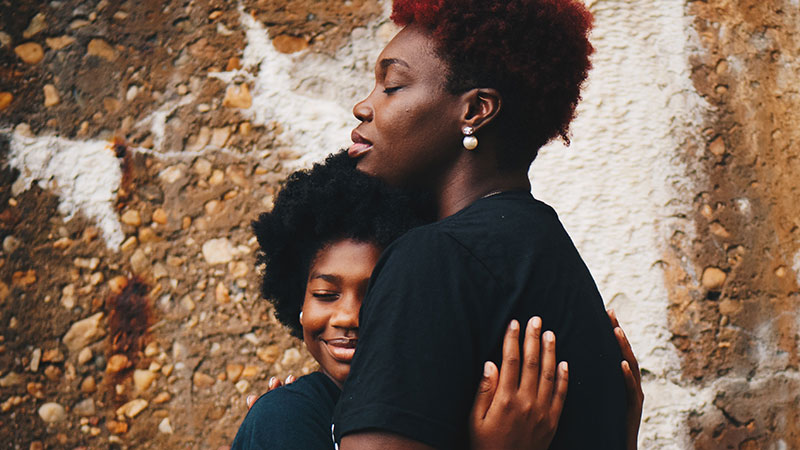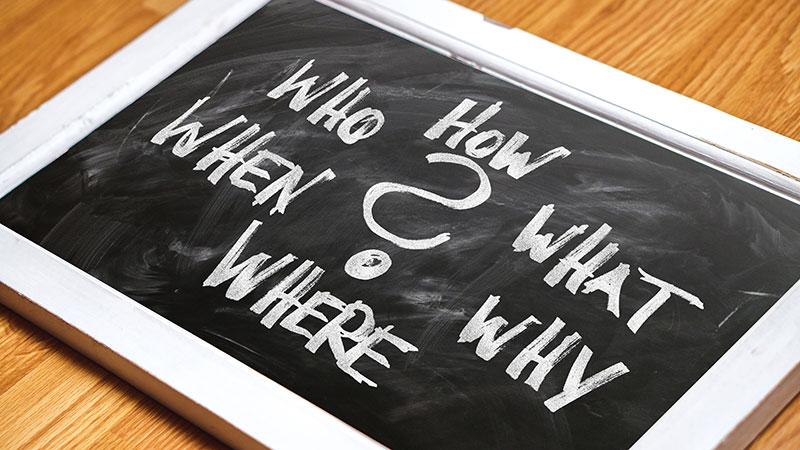Resources for Families and Caregivers
We know that as a community caring for children and youth, you want answers regarding what to do before, during, and after an emergency event, disaster, or crisis. It is important to remember that all children and youth react differently to major changes in their lives. Nebraska Extension has various resources that may be of help to you and the families, children, and youth in your community.
Weather Emergency Resources to Support Young Children and Youth Coping
Fit and Healthy Kids: Helping You Help Children
The Fit and Healthy Kids team has information to help you help children coping with the effects of natural disasters. Social media graphics and messages focused on drought, flood, tornado, and wildfires. Available in English and Spanish languages.
When There is a Disaster: Resources to Help You Help Children
Comfort in a Changing World
Any loss for a child or youth, such as a failing an exam, death of a pet, changes in family structure, or events from a disaster, can lead to a wide variety of feelings such as disappointment, sadness, loneliness, or anger. These feelings are common reactions to such experiences. As caring adults, we can do the following to help young people cope.
Tips for Working from Home with Children
The sudden and abrupt transition to working from home and having to juggle roles of employee, parent, and teacher all at once was certainly something most of us were not prepared for. Here are some tips on how to manage it all.
A Beautiful Day
A Beautiful Day is a virtual early childhood space designed to connect with children and families in Nebraska and across the world. We created this space to share ideas, foster learning and play, and support children experiencing social distancing. Short videos feature children and caregivers sharing their ideas and engaging in activities. We hope you enjoy playing with us!
Helping Children Cope
This website has resources to support children’s coping and understanding of their feelings. It is common for children and youth to experience grief, frustration, anger, and a lost sense of security after experiencing a major change, loss, or grief.
Helping Children Cope Resources
Read for Resilience
The Read for Resilience program has identifiedbooks to support children’s coping and understanding of their feelings after experiencing a major stressor, disaster, loss, and/or grief. Free storybook reading guides accompany the books. The guides provide adults with suggested activities and probing questions to help children personally connect with the experiences of the characters in the books.
Virtual & At-Home Learning
Looking for learning opportunities you can do from home? We've got you covered! Nebraska 4-H is now offering a variety of virtual learning experiences, such as Living Room Learning and Boredom Buster Challenges. We've also collected some of our favorite activity guides that are perfect for hands-on learning at home.
As Nebraskans recover from the aftermath of a disaster it is likely you, your family, and children will experience a wide range of emotions. The road to recovery can be challenging and stressful. Many children and youth often do not have the experiences and knowledge needed to understand and feel safe during a disaster. Although everyone experiences some stress in their lives from work, bills, or life-changing events, the presence of chronic stress can compromise health and well-being. We also respond to stress in different ways. We know that as parents and educators caring for children, you want answers regarding what to do before, during, and after an emergency event. That’s why below you’ll find various resources that may be helpful for you, your family, your children, and your community.
Frequently Asked Questions

You have questions. We can help. Below are short one-page resources that may be helpful for you, your family, your children, and your community.
Family Stress

Stress is an emotion everyone experiences at some point. Your way of responding to stress can also affect others in your family. To take care of your family and others, you must first take care of yourself.
Resources for Child Care and After school Programs

Educators have unique responsibilities and requirements regarding how to plan for an emergency or natural disaster. Learn more and begin planning what to do before, during, and after a severe environmental event or disaster.